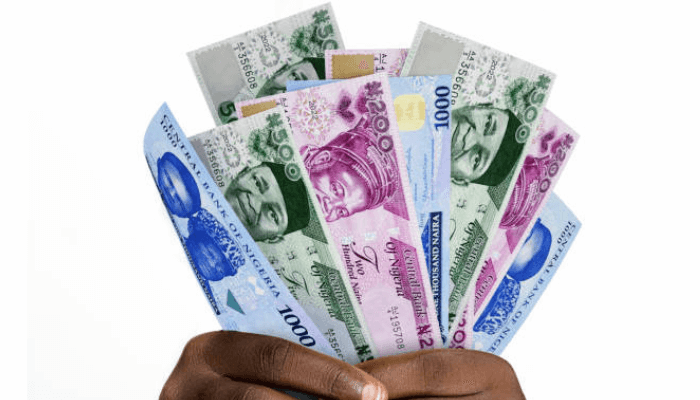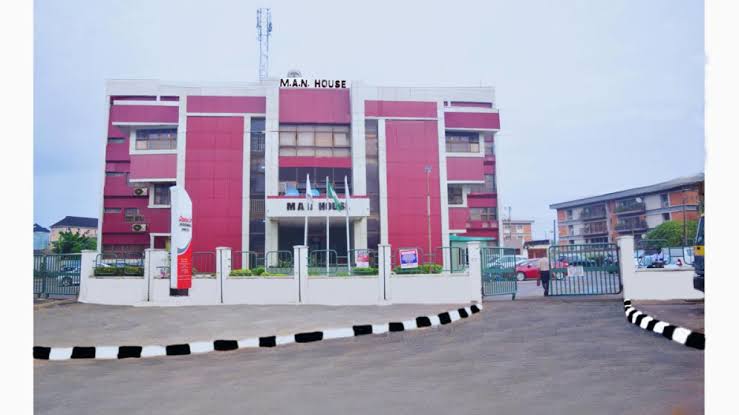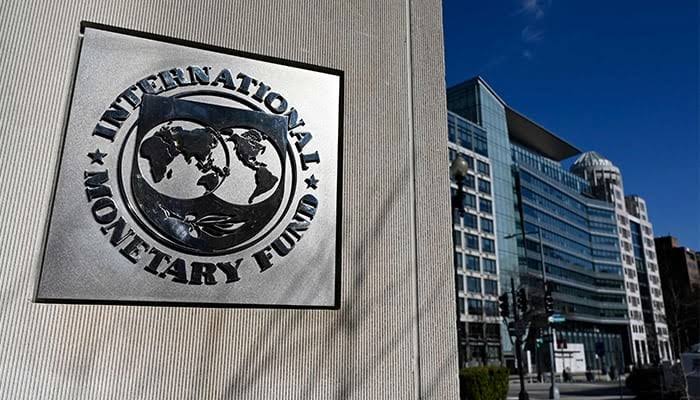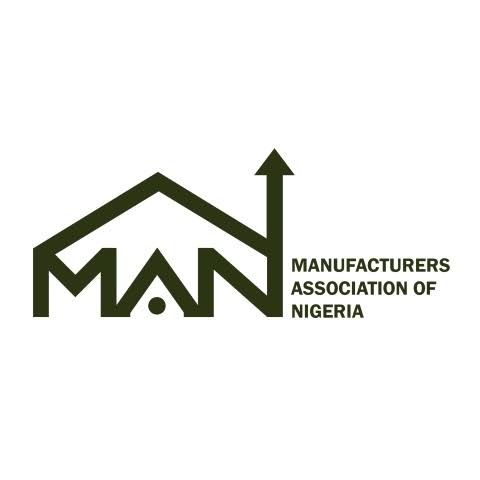By Nathan Olaníyì
Nigeria’s foreign inflows are rising, but most of the money is chasing yields, not building factories or infrastructure. Without patient capital, growth risks becoming fragile.
Nigeria’s economy grew 4.23 percent year-on-year in Q2 2025, its fastest pace in four years. Foreign investors are back. The naira has stabilised. Policymakers are claiming victory.
But here’s what those headlines don’t say: most of the money flowing in isn’t the kind that builds economies. It’s the kind that vanishes at the first sign of trouble.
Hot money, not hard investment
Nigeria’s capital account tells two very different stories. Portfolio inflows have surged, with over 80 percent going into money market instruments where yields top 20 percent. At the same time, foreign direct investment collapsed by nearly 70 percent in Q1 2025.
That is not a long-term investment. It is speculation dressed up as capital.
The distinction matters. When a company builds a factory in Lagos, that capital is sticky. The machines do not leave during political uncertainty. The jobs endure currency swings. Technology and skills transfer regardless of short-term shocks. That is a hard investment.
When a hedge fund buys Nigerian treasury bills, the money is gone as soon as yields rise elsewhere. That is hot money. It props up reserves today but leaves no lasting impact tomorrow.
Nigeria has become Africa’s favourite yield play, not its development story. Global fund managers love the math: double-digit yields, hedgeable currency exposure, and quick exits. Nigerian policymakers love it too because it shores up foreign reserves and signals reform credibility. The real economy gets crumbs.
Finance ministers love hot money because it solves immediate problems. But countries that want to join the developed world need hard investment. The choice isn’t very complicated.
A system skewed toward volatility
Nigeria’s capital account has three main buckets: portfolio inflows, FDI, and remittances. Each works differently. Each creates different forms of stability.
In 2024, remittance inflows to Nigeria hit US$20.93 billion, and early 2025 trends suggest they could reach US$25–26 billion by year-end. This is Nigeria’s most reliable flow, driven by family ties rather than financial arbitrage. It cushions consumption and provides steady FX, but it rarely funds factories.
FDI used to be the second pillar. Oil platforms, telecom towers, and manufacturing plants brought capital that created jobs and technology spillovers. That capital is now fading. Investors cite policy uncertainty, infrastructure gaps, and security risks. But the bigger issue is incentives: why commit long-term when government paper pays 20 percent?
Portfolio flows have filled the gap, but they are unpredictable. Central bank external reserves have climbed toward US$42 billion in recent months, largely fuelled by short-term inflows and stronger oil-export earnings. It looks like stability, but it is stability built on sand: when sentiment shifts, reserves can evaporate as fast as they arrive.
Turkey in 2018 is a cautionary tale. Portfolio investors pulled $30 billion in weeks, collapsing the lira and draining reserves. Nigeria’s structure has similar fragility.
From stability to transformation
None of this is accidental. Nigeria’s high interest rates are designed to fight inflation and attract capital. Global investors, searching for yield in a tight world, take the offer. Both sides get what they want in the short term.
The problem is misaligned incentives. Investors are paid for quarterly performance, not for Nigeria’s industrial transformation. Policymakers need FX today to defend the naira, service debt, and fund imports. Hot money delivers both outcomes quickly.
The losers are manufacturers and job seekers. Credit to the private sector is sluggish, infrastructure gaps widen, and capacity utilisation stays low. The economy looks funded, but the foundations for productivity remain hollow.
Aligning incentives
Patient capital follows fundamentals. Power reform cannot wait another decade. Efficient ports drive manufacturing more than bond yields. Consistent rules outweigh ad hoc monetary shifts. Financial frameworks must also evolve: a transparent FX window, pension allocations into rated infrastructure, and credible repatriation timelines. DFIs can de-risk projects, while tax incentives should link directly to jobs and exports. Nigeria’s potential is enormous, with a population heading toward 400 million, fast-growing consumer markets, and a rising tech sector. But only patient capital can unlock it. Otherwise, today’s growth rests on a house of cards.
Smart policy would tilt incentives toward long-term investment. That may mean lower interest rates but stronger infrastructure spending. It could mean fewer inflows in the short run but more resilient growth over time. The current approach works for now: reserves are rising, the naira is stable, and GDP is growing. But those gains will not endure without capital that builds.
Nigeria is not short of foreign money. It is short of the kind that builds. Until inflows shift from hot money to hard investment, the economy will remain funded but not transformed.
Nathan Olaníyì works at the intersection of finance, strategy, and analytics, helping businesses turn complex challenges into sustainable growth. With a background in investment banking, fintech strategy, and data-driven decision-making, he has advised on M&A, capital markets, and transformation initiatives across African and U.S. markets. At NCGrowth, he supports entrepreneurs and local businesses by helping them secure funding, refine strategy, and scale operations.





